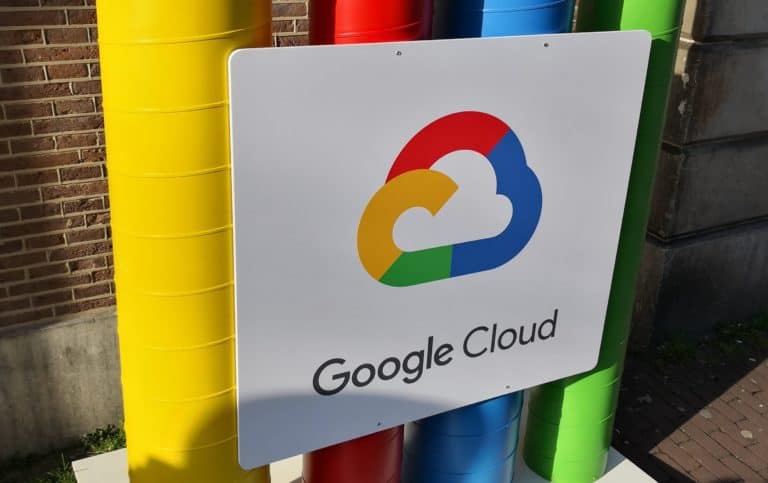Google is proposing an ‘open cloud’ approach for businesses that want to move quickly between public clouds, using the infrastructure they want, when they want and with no fear that they may be forced to choose one vendor or have trouble accessing data, just because it is in different clouds.
Thomas Kurian, Google Cloud’s CEO, says that the company has spent months working on an open cloud. The first thing they built for this was BigQuery Omni. With it, users of Google Cloud can analyze data stored in other competing clouds.
Then they made Cloud Monitoring, which clients can use to track workload health across different clouds.
Customers will benefit from autonomy and control
Kurian says that all of this is designed to open up cloud infrastructure. In a blog post, he wrote that Google’s open cloud belief is a product of the opinion that customers would benefit from autonomy and complete control of their infrastructure.
The options are given to customers to build, migrate, and deploy apps across multiple environments on-premises and in the cloud, making it easier to avoid getting stuck with one vendor and boost innovation.
There is also the option of being able to meet ‘data survivability requirements’ with comparative ease.
Related: What is Nutanix and how it conquers the hybrid and multi-cloud world
There is still a need for open-source tech
Sometimes, for reasons unknown, cloud service providers can suspend their service. A customer needs to be able to move data to another service, and with an open cloud philosophy, this will be very easy to do.
These products are an essential part of the open cloud strategy, but there is still a need for more open-sourced technology like Kubernetes.
Kurian says that Google doesn’t think it is possible to address all survivability requirements if all a customer has is a proprietary solution. Open source is the best option for more flexibility and addressing many concerns.
Tip: What is Google Anthos? Is this the modern cloud infrastructure you’re looking for?
